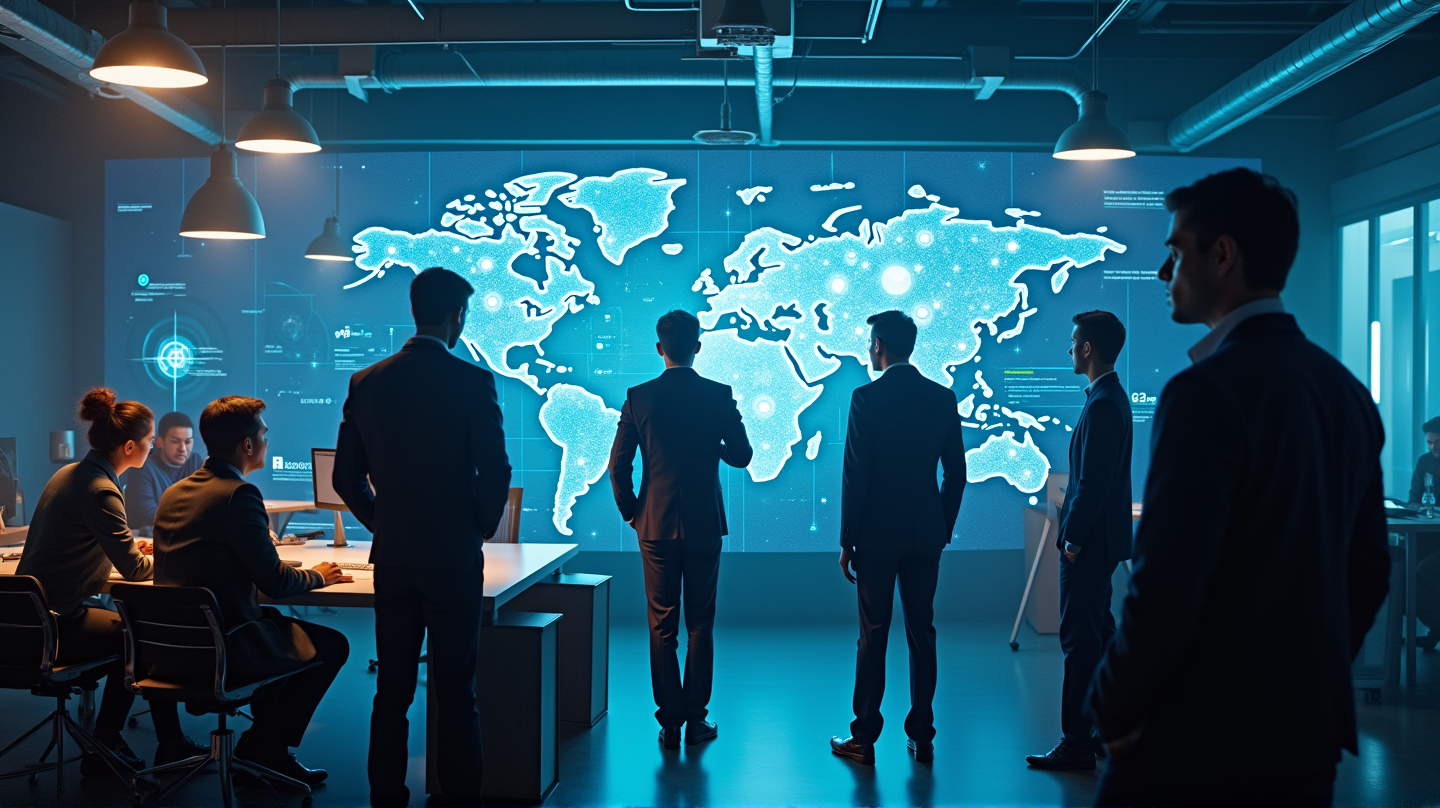Generative AI is no longer just a futuristic buzzword; it is transforming the way companies function and innovate. Recent research conducted by Harvard University, Procter & Gamble (P&G), and other prominent institutions reveals how generative AI reshapes teamwork dynamics in organizations. According to PYMNTS.com, this groundbreaking study has highlighted the capability of AI to replicate and perhaps even enhance the collaborative benefits traditionally attributed to human teams.
AI: The New Age Teammate?
In a pioneering experiment, over 750 P&G professionals were challenged to generate new product ideas. Half of these individuals utilized generative AI, while the other half worked without it. Astonishingly, individuals using AI exhibited performance levels comparable to teams of two working without AI. The revelation that AI can substitute certain human collaboration benefits marks a significant advancement in modern workplace practices.
Breaking Down Knowledge Silos
One of the most profound implications of this research is AI’s ability to break down conventional knowledge silos within organizations. AI enabled employees at P&G to think outside their traditional expertise. R&D teams could propose market-focused solutions, while commercial divisions suggested intricate technical ideas, bridging the gap between segregated functions.
The Impact on Ideas and Productivity
Participants using AI were three times more likely to generate top-tier product solutions deemed viable by human judges. The newfound productivity and quality translated directly to potential revenue gains. Surprisingly, even less experienced employees, when using AI, could match the output quality of seasoned professionals, democratizing innovation.
Challenges and Divergent Opinions
While the Harvard study is optimistic, not all perspectives align. An MIT study published in October 2024 reported challenges in human-AI collaborations due to communication barriers and trust issues. This highlights that, while AI augments capability, its integration requires careful handling of interpersonal dynamics and ethical considerations.
A Holistic Approach to Problem-Solving
The incorporation of AI leads professionals to tackle problems holistically, crossing traditional boundaries. As AI functions not just as an information gatekeeper but as a boundary-spanning tool, it’s reshaping how expertise is perceived and applied within companies.
Emotional and Social Dynamics
Beyond productivity, generative AI plays a vital role in influencing workplace well-being. Individuals using AI reported emotional satisfaction levels equal to or higher than those working in pairs without AI - hinting at AI’s potential to fulfill social roles traditionally filled by human colleagues.
In conclusion, the perception of AI as merely a productivity enhancer might be restrictive. Today’s AI systems are increasingly being seen as potential teammates, fostering better performance, knowledge sharing, and positive emotional environments across enterprises. As companies like P&G integrate AI into their organizational fabric, the future of teamwork is bound for an exhilarating transformation.
Stay ahead of the curve in AI advancements with our daily AI Newsletter.
